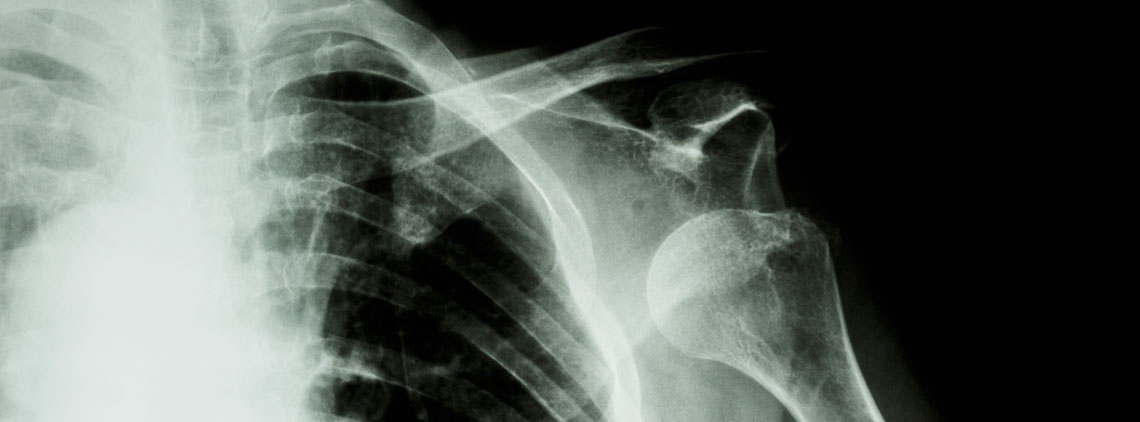
Shoulder Dislocation Surgery
Overview
If you have a dislocated shoulder you might see swelling and a shoulder out of place. You may experience pain and the inability to move the entire joint. Orlando Hand Surgery Associates can help relieve your pain with our appropriate shoulder dislocation surgery procedure.
How to Prepare for Surgery
To prepare for surgery we may ask that you don’t eat or drink anything after midnight the night before surgery. We also ask that you bring a large shirt with buttons on the front so you won’t have to pull a shirt over your head. You might also prepare your home so you won’t have to reach your hand over your head during your upcoming recovery.
Procedure
During this treatment, we perform a process called a closed reduction where he will place the humerus (the ball of the upper arm bone) back into the joint socket. Your pain and discomfort should stop almost immediately. However, if the dislocation is a recurrent problem, we may find it necessary to perform surgery that will tighten the ligaments that hold the joint in place. A recurring shoulder dislocation is prevalent in young athletes. This surgery is an outpatient procedure conducted with the assistance of general anesthesia. This means you will be put to sleep during surgery and can expect to return home after you wake up from surgery.
Recovery
Efficacy
We will tighten your tendons preventing future dislocations in your shoulder.
Complications
Several complications to watch out for are an infection, nerve injury, and bleeding at the site of surgery. However, if you didn’t undergo surgery, still watch out for tearing of the muscles, ligaments, and tendons that reinforce your shoulder joint. You could also experience complications with repeated dislocations or shoulder instability.
Outlook
This surgery has a success rate of more than 90% in patients, according to Washington University Physicians.

